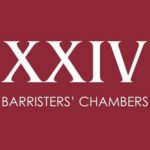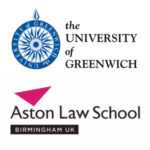Continue reading "Charities: Joined-up thinking"
Charities: Joined-up thinking

James Morris (the settlor), a Labour Party councillor and businessman, settled two trusts (the trusts). This claim concerned the validity of the trusts, their rectification, a proprietary estoppel claim by a beneficiary, and the consequences of the trusts’ invalidity.
The first trust concerned Morris Hall, Bellstone Court, Bellstone, Shrewsbury (the hall), which Mr Morris transferred to himself and three others to hold pursuant to a declaration of trust dated 5 April 1934 (the hall trust).
Clause 1(g) of the hall trust provided:
‘After making provision fo...
By a trust instrument dated 29 April 1986 (the 1986 deed), Stephenson Clarke Shipping Ltd, a subsidiary of Powell Duffryn plc and member of the Powell Duffryn group of companies (the PD Group), as the named settlor, settled cash and securities on a discretionary trust for the benefit of employees and former employees of the PD Group (the trust). The trust defined the beneficiaries as ‘the employees and their spouses and dependants and the former employees and their spouses from time to time during the trust period [being the period expiring eighty years from the date of the trust] of the...

Continue reading "Charities: Joined-up thinking"

Continue reading "Trusts: Enforcing private purpose trusts"